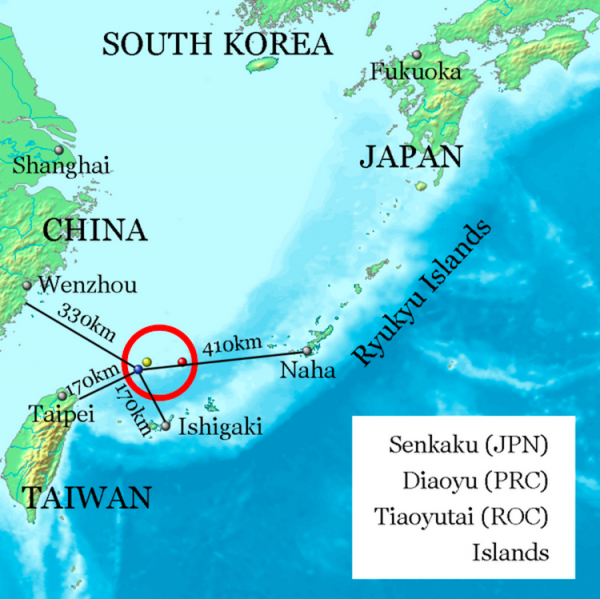
This next summer will be 100 years since the fatal August of 1914. We live in a similar era of “history is over and everybody is happy.” See above. In August 1914, Germany’s major trading partners were Britain and France, as well as the US. There were people who believed that democracies that did business with each other never went to war. Sound familiar ?
UPDATE: I am not the only one thinking about this, of course. Here is another version. I worry less about China as a geopolitical rival to the US but a China Japan conflict would not be impossible.
The Telegraph has an excellent piece on the present world situation.
As we look forward to the First World War commemorations, three stark conclusions are hard to refute. First, that in the course of this century we will need a great deal of luck to avoid a nuclear catastrophe. Second, that the Enlightenment has failed. Third, that this can all be traced back to the Great War.
As a result of the Enlightenment and the Industrial Revolution, it seemed that mankind might make a decisive break with the scarcity and oppression that had characterised previous eras. There was, admittedly, one early warning. The French Revolution proved that a radical reconstruction of society on abstract principles was likely to end in tyranny and bloodshed. But after 1815, the 19th century developed into one of the most successful epochs in history. Living standards, life expectancy, productivity, medicine, the rule of law, constitutional government, versions of democracy there was dramatic progress on all fronts, and in the spread of civilisation across the globe.
Read more

